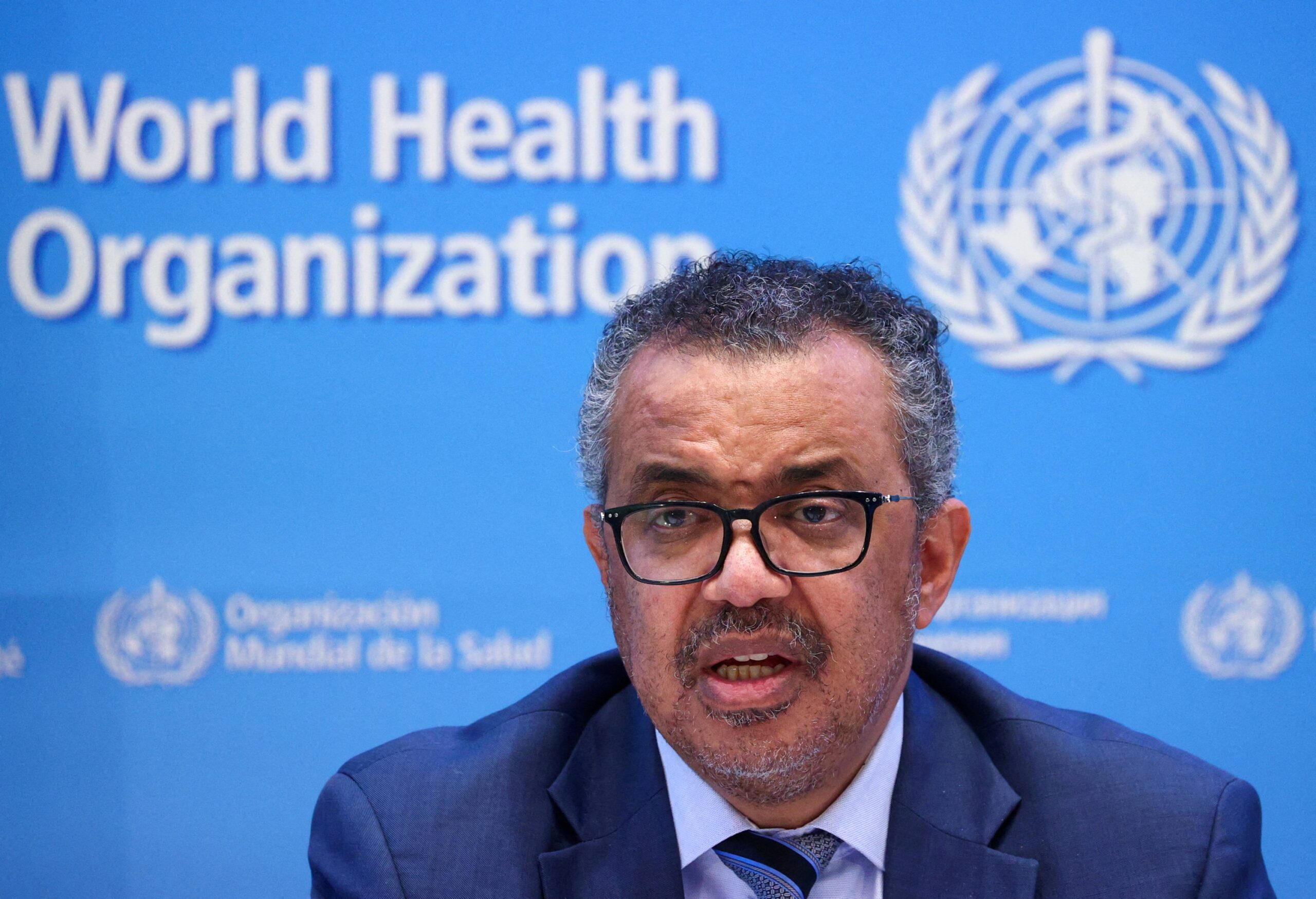The World Health Organization (WHO) announced on May 11 that theglobal health emergency for mpox, a viral disease formerly known as monkeypox, has ended after 10 months. This came after confirmed cases in over 100 countries since the disease started spreading globally in May 2022. The emergency committee of the WHO made the recommendation to end the health emergency, and World Health Organization director-general Tedros Adhanom Ghebreyesus announced the decision during a press conference.
Mpox is a viral disease that spreads through direct contact with body fluids and was first observed in humans in the Democratic Republic of the Congo in 1970. Since then, the disease has mainly been limited to West and Central African countries. However, last May, the disease started to spread globally, prompting the WHO to declare it a public health emergency of international concern (PHEIC). According to the World Health Organization, over 87,000 cases and 140 deaths have been reported from 111 countries during the outbreak. Symptoms of mpox include fever, muscular aches, and large boil-like skin lesions.
Although the WHO has declared an end to the global health emergency for mpox, Tedros emphasized that the threat of resurgent waves of the disease remains. This is similar to COVID-19, which the WHO declared was no longer a global health emergency last week. Both viruses continue to circulate and kill people. The WHO chief also noted that mpox remains a threat, especially in areas of Africa where the disease has been endemic for a long time.



